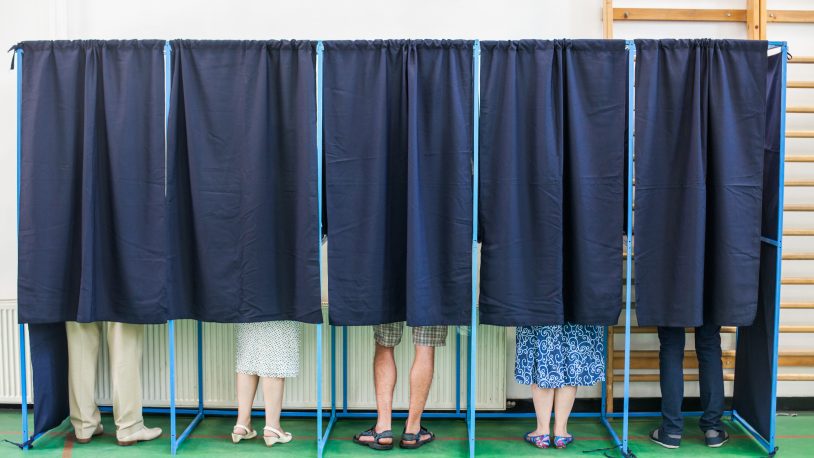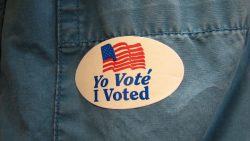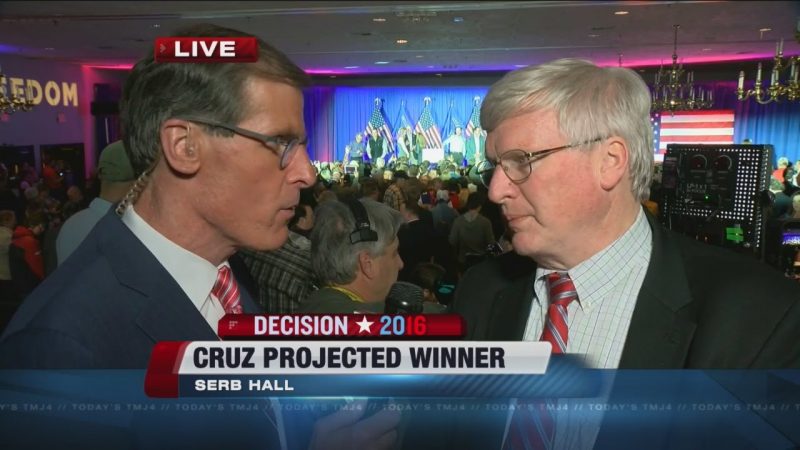Republican lawmakers and conservative activists frequently argue that voter ID laws are necessary to crack down on the supposedly massive problem of voter fraud.
Voter fraud, of course, is extremely rare, and in the few cases that do exist, voter ID requirements are unlikely to stop it. Even some conservatives admit that such laws, which make it more difficult for people of color, people with low incomes, and young people—who are all less likely to have photo ID like drivers licenses or passports—to vote, are actually about winning elections for the GOP.
As the editorial board of the Charlotte Observer wrote yesterday, just one case of in-person voter impersonation fraud was found in North Carolina, according to an audit of the 2016 election.
Of the small number of voter fraud incidents, the vast majority were committed by formerly incarcerated people barred from voting under state law, something that voter ID laws would do nothing to prevent.
On Friday, the State Board of Elections released the results of an extensive, objective audit of the 2016 election. It found that 4,769,640 votes were cast in November and that one (1) would probably have been avoided with a voter ID law. One out of nearly 4.8 million.
When a federal appeals court threw out North Carolina’s restrictive voting law last summer, saying it targeted black voters “with almost surgical precision,” Senate leader Phil Berger and House Speaker Tim Moore panned the judges and questioned their motives.
“We can only wonder if the intent is to reopen the door for voter fraud, potentially allowing fellow Democrat politicians like Hillary Clinton and Roy Cooper to steal the election,” they said.
The election proceeded without the law’s many discriminatory provisions. Did the judges’ decision reopen the door for voter fraud? Yes, to one person in 4.8 million. Not quite enough for Clinton or Cooper to steal the election.
…
The Board’s investigation is helpful toward that end. It found 508 ineligible votes cast. About 87 percent of those (441) were felons who voted. State law prohibits felons from voting until their sentence is fully served, including probation and parole. It is believed that many of the felons who voted did not realize they could not vote while on probation.
The probe found 41 non-citizens, from 28 countries, voted. All were here legally, but were not eligible to vote. The audit also found 24 cases of double-voting and two cases of voter impersonation (one by mail and one in person).









